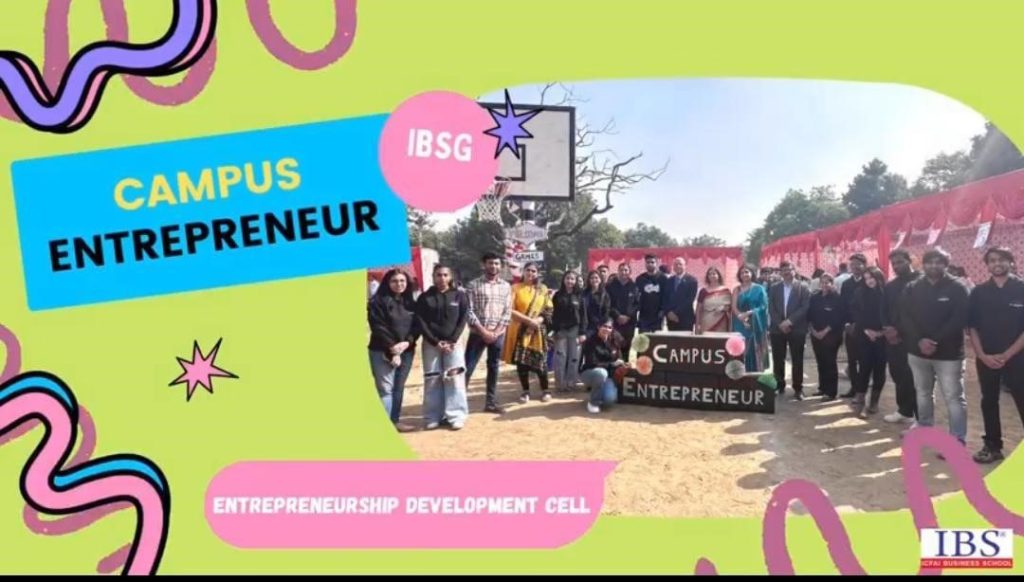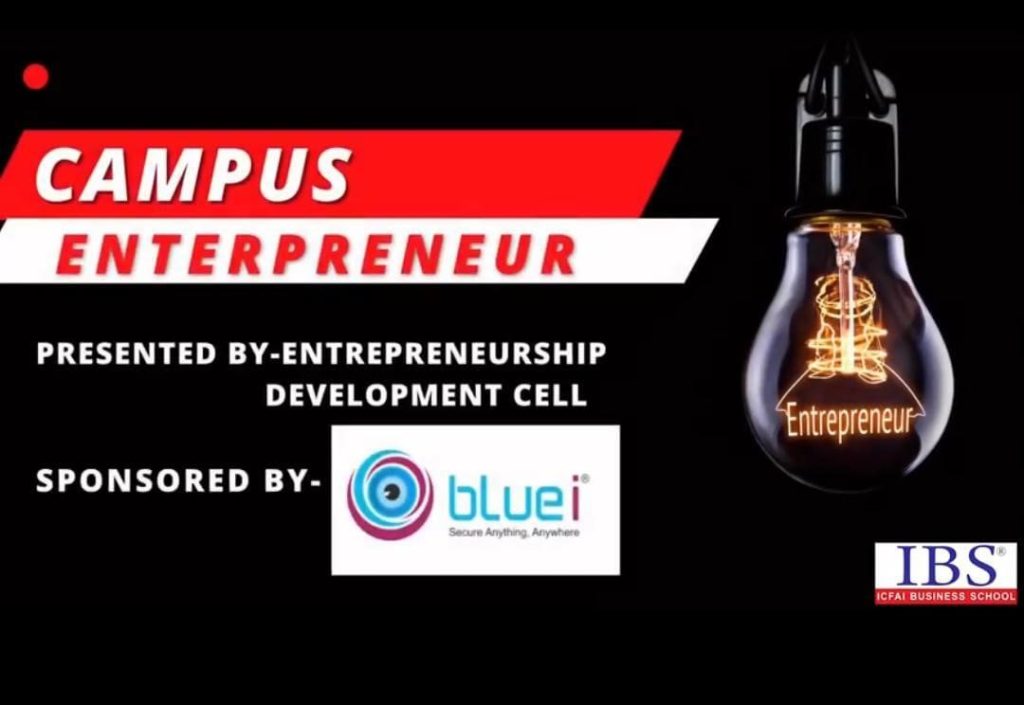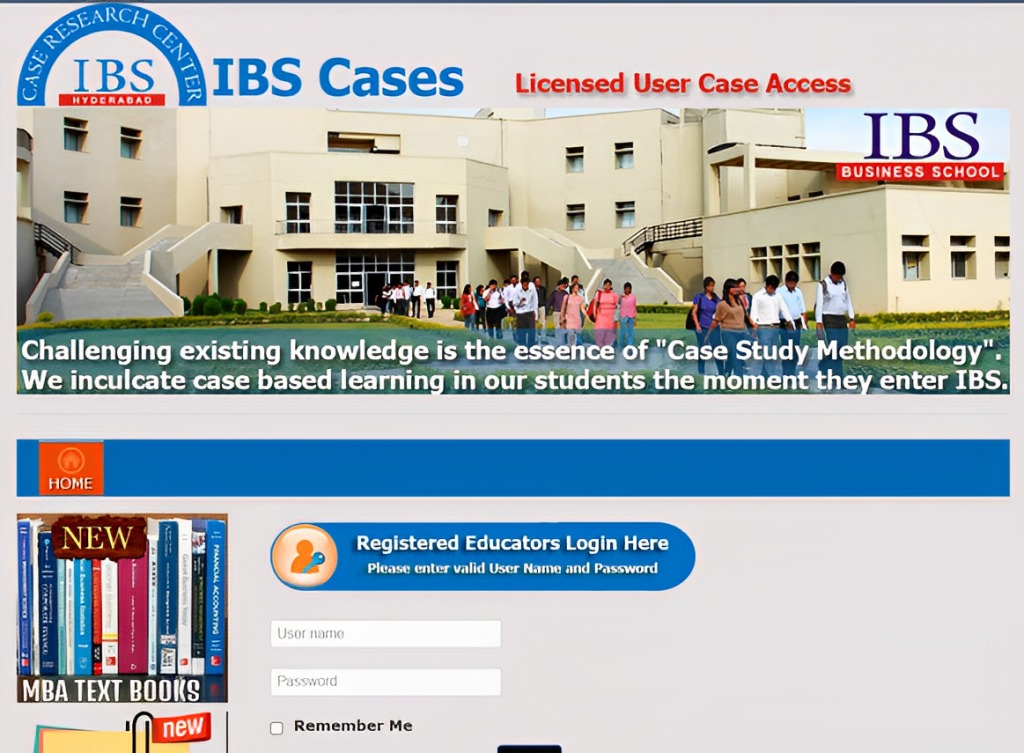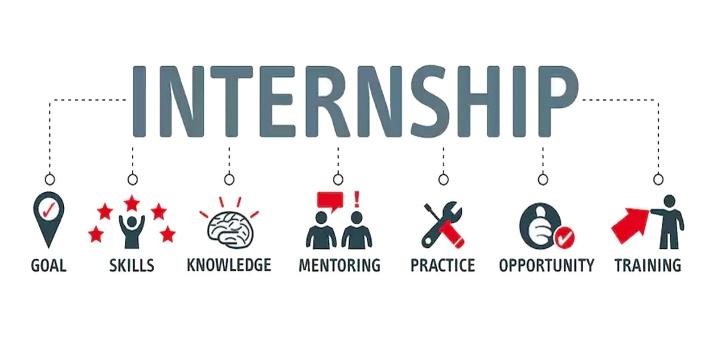College entrepreneurship is starting and running a business venture while attending college or university. It involves developing a product or service, creating a business plan, securing funding, and marketing the venture. The idea of college entrepreneurship has grown in popularity in recent years as more students look to get valuable real-world experience and possibly begin lucrative entrepreneurial jobs after graduation.
Many successful entrepreneurs, such as Mark Zuckerberg, Steve Jobs, and Bill Gates, started their businesses while still in college. By establishing a business while studying in college, students can build a strong foundation for future careers as entrepreneurs. They can develop a network of contacts, gain valuable experience, and potentially secure funding for future ventures.
BENEFITS OF BEING A COLLEGE ENTREPRENEUR
- One of the considerable advantages of being a college entrepreneur is access to a range of resources and support services. Many universities and colleges have entrepreneurship centers, accelerators, and incubators to support student entrepreneurs. Together with funds and resources, including office space, equipment, legal counsel, and networking possibilities, these centers frequently offer mentoring, training, and mentoring opportunities.
- The primary benefit of college entrepreneurship is the opportunity to gain valuable real-world experience. Starting a business venture in college allows students to apply the theoretical knowledge that they have gained in the classroom to real-world situations. This experience can be invaluable for students interested in pursuing a career in entrepreneurship after graduation. By starting a business during college, students can learn the practical skills they need to succeed in the business world, such as marketing, management, and financial management.
- Another benefit of college entrepreneurship is the opportunity to develop skills in leadership and management. Starting and running a business venture requires strong leadership and management skills. Students who start a business during college can develop these skills by managing a team, making important business decisions, and solving problems on a day-to-day basis. These skills are highly transferable and are beneficial in a variety of careers.
Making the most of these resources requires being proactive. Attend workshops and events hosted by your university’s entrepreneurship center, and network with other student entrepreneurs to share ideas and learn from each other’s experiences. Don’t be afraid to reach out to mentors and advisors for guidance and take advantage of any funding opportunities available.
CHALLENGES TO OVERCOME
College entrepreneurship offers several benefits. However, it also comes with numerous challenges and risks that you will need to navigate.
- One of the biggest challenges is balancing your academic workload with the demands of running a business. It is sometimes hard to find the time and energy to juggle coursework, exams, and assignments with the day-to-day responsibilities of running a business.
To overcome this, one must efficiently manage their time and be professional. Establish specific objectives for both your academic work and your business, and then break each one down into achievable tasks. Use tools such as calendars and a to-do list to keep track of your commitments and deadlines, and make sure to schedule regular breaks to avoid burnout.
- Another challenge of college entrepreneurship is the risk of failure. Starting a business venture always comes with the risk of foundering, and it can be high for college entrepreneurs who may not have the same level of experience or resources as more established entrepreneurs. Failure can be particularly devastating for college entrepreneurs, as it can affect their academic performance and their future career prospects.
- One challenge that college entrepreneurs often face is accessing funding and resources. It will be challenging to obtain funding or business collaborations without a strong track record or network. However, there are still ways to access funding and resources, such as crowdfunding, grants, and competitions.
- Crowdfunding platforms such as Kickstarter and Indiegogo can be a great way to raise money for your business, as they allow you to pitch your idea to a large audience and raise funds from individual backers. Grant programs such as the National Science Foundation’s Small Business Innovation Research (SBIR) program or the U.S. Department of Education’s Small Business Innovation Research (SBIR) program can provide funding and support for research and development projects.
- Competitions and pitch events can also be a great way to gain exposure for your business and access funding and resources. Many universities and colleges host pitch competitions and startup weekends, and there is also a range of national and international competitions that you can enter.
Many universities and colleges have entrepreneurship centers, accelerators, and incubators to support student entrepreneurs. These centers often provide mentoring, training, networking opportunities, and access to funding and resources such as office space, equipment, and legal and financial advice. One of these management colleges is IBS.
IBS offers numerous opportunities to its students to develop entrepreneurial skills. Entrepreneurship Development Cell (ED-Cell) is an initiative by the college to foster the spirit of entrepreneurship among students. It is a cell that gives a platform for students to learn, explore and execute their ideas, develop business acumen, and cultivate an entrepreneurial mindset. ED-Cell at a college plays a vital role in shaping the future of its students by providing them with an opportunity to learn and grow as entrepreneurs.
Here are some pillar aspects of an ED-Cell at IBS Gurgaon: E-Cell offers a mentoring program where experienced entrepreneurs, industry professionals, and college alum guide students on various aspects of entrepreneurship like idea validation, business planning, funding, and marketing.

E-Cell organizes workshops, seminars, and events to educate students on the latest trends and technologies in entrepreneurship. These events provide a platform for students to interact with industry experts, share their ideas, and learn from their experiences.

- ED-Cell organizes competitions and challenges to encourage students to think creatively and find innovative business ideas. These competitions not only provide students with an opportunity to showcase their skills but also offer a chance to win prizes.

- ED-Cell organizes competitions and challenges to encourage students to think creatively and find innovative business ideas. These competitions not only provide students with an opportunity to showcase their skills but also offer a chance to win prizes.

ED-Cell offers various skill development programs that equip students with the necessary skills to become successful entrepreneurs. These programs include communication skills, negotiation skills, leadership skills, and time management skills

- ED-Cell also organizes outreach programs to promote entrepreneurship in the local community. These programs can include training sessions, mentorship, and networking events for aspiring entrepreneurs.
Ultimately, being a college entrepreneur requires a lot of hard work and dedication, but it can also be an incredibly enriching experience. By taking advantage of the resources and support available, prioritizing your time effectively, and staying focused on your goals, you can build a successful business while still pursuing your academic studies.
ED-Cell at IBS is an excellent platform for students to explore their entrepreneurial aspirations, learn from experienced entrepreneurs, and connect with like-minded peers who share their passion for entrepreneurship. It is a valuable initiative that provides students with a platform to learn, explore and execute their ideas. ED-Cell has played a significant role in shaping the future of many successful entrepreneurs and will continue to do so.
SHIKHA RANI
BATCH 2022-24


























